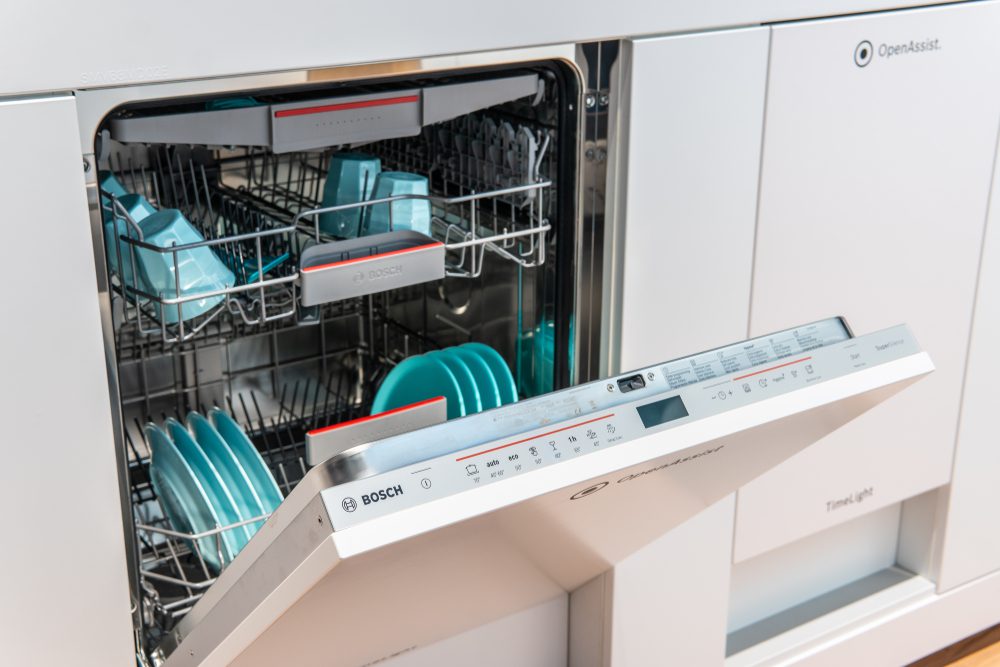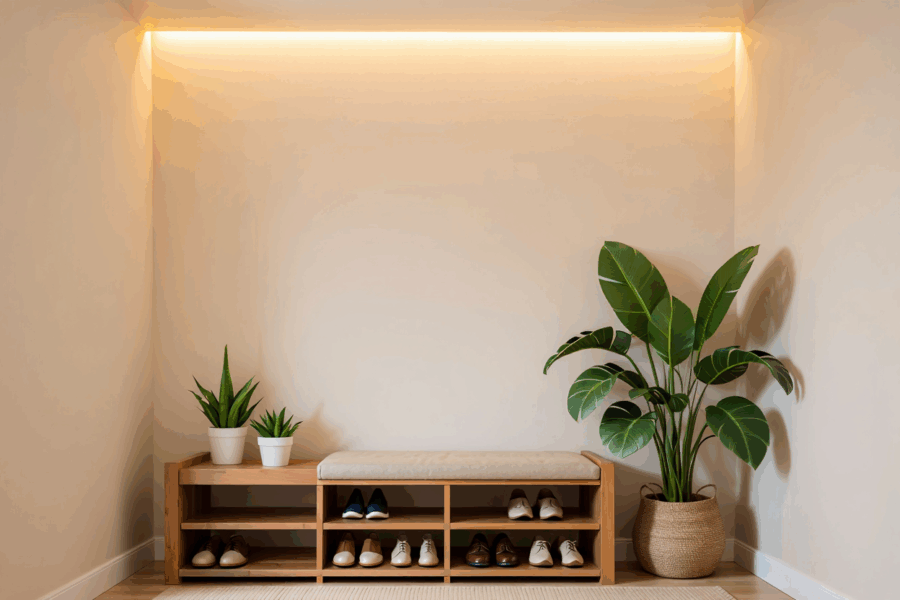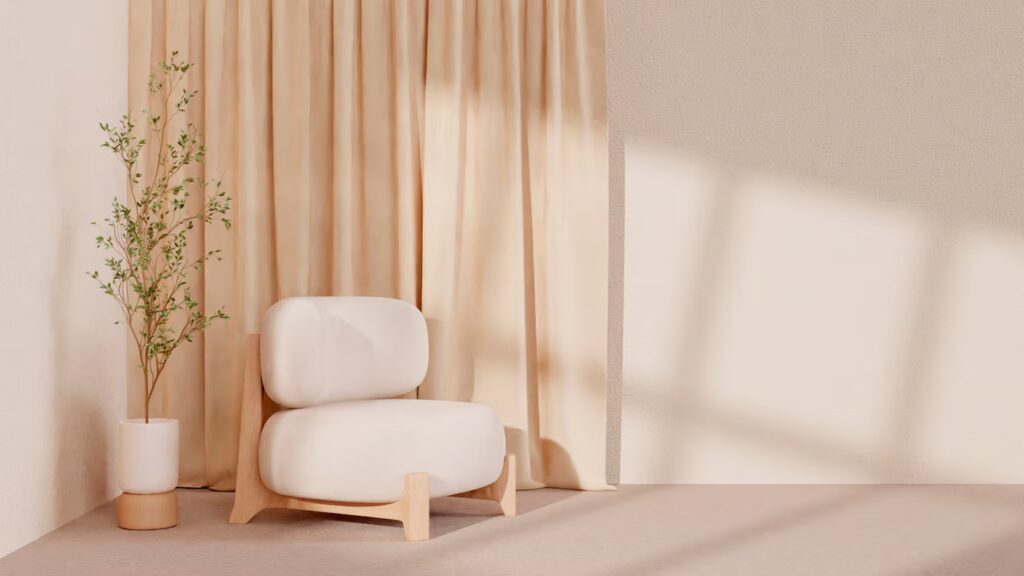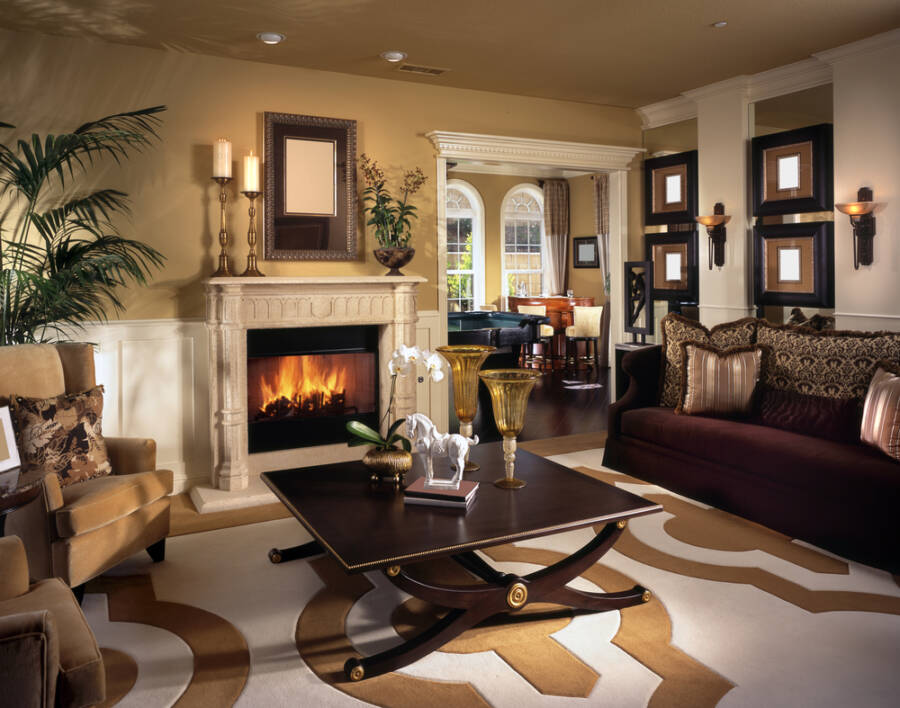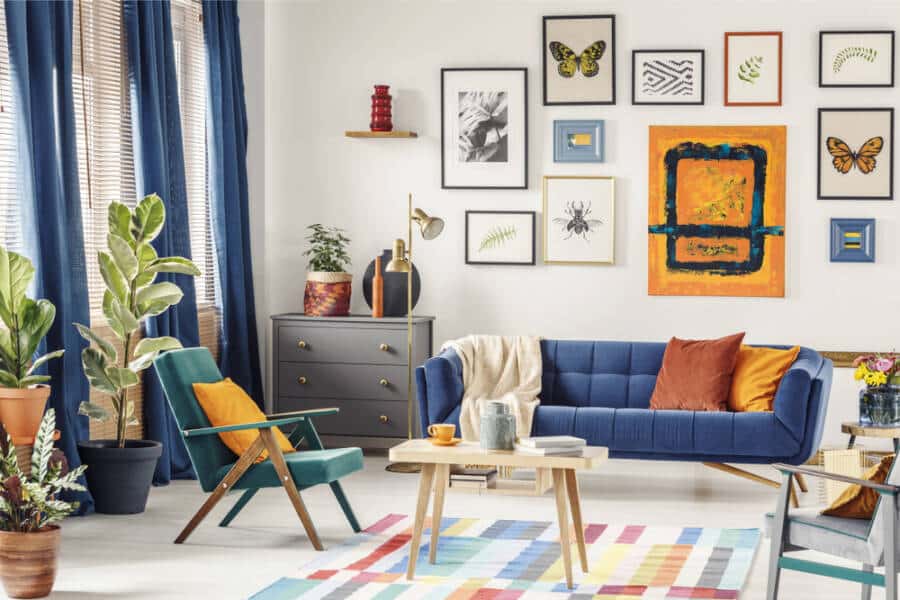Sometimes, you need to be grateful you don’t own a big house.
We stand by “bigger isn’t always better,” especially when it comes to owning a house. Many of us have dreamed of having a big house with a pretty fence and a huge backyard, that’s for sure. However, the reality is that owning a McMansion implies more money and effort than it’s worth.
Of course, it does sound nice to have a formal dining room to host the occasional meal and a couple of guest bedrooms on hand on those rare occasions when your family and friends decide to visit. But at the end of the day, these huge spaces also come with huge headaches, big heating bills, and just as heavy property taxes.
That’s why we’ve rounded up a list of reasons why owning a big home isn’t “the dream” and why you should be thankful you don’t own one.
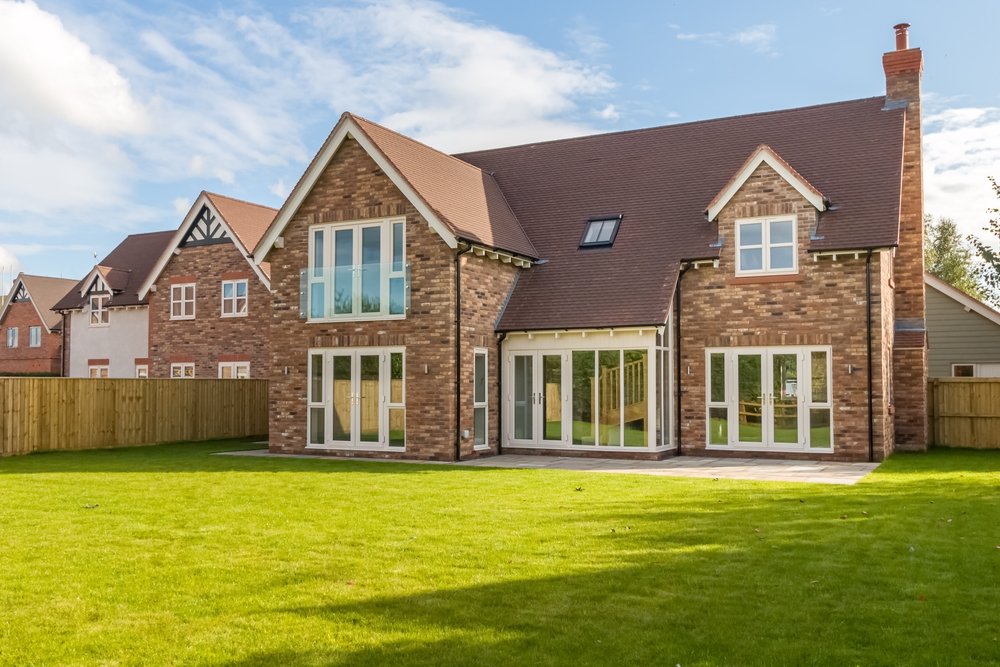
The heating bills are very expensive.
The expenses that are often associated with a big, chunky house won’t stop as soon as you sign on those dotted lines. For example, every winter, it will cost you more to keep your house warm. A 1,800-square-foot house with a heat pump might cost around $3,000 per year to heat, but a 4,000-square-foot home with exactly the same heating system will cost over $5,400 on average to heat, as PECO Energy Company explained.
Some taxes only apply to more expensive residences.
Have you ever heard of the mansion tax? If you’re in the tri-state area, you are probably not a big fan of it. The tax, which is officially known as the “realty transfer fee,” is a 1 percent fee charged to any real estate transaction in New York or New Jersey that has been valued over $1 million.
That probably doesn’t seem like a lot, but when you’re purchasing an apartment in New York for a whopping $5 million, that 1 percent is definitely going to set you back an additional $50,000.
Property taxes tend to be higher.
So many factors go into calculating just how much homeowners pay in property taxes, and many of them are impacted by the sheer size of a residence. As Amber Keefer from The Nest explained, the assessor has to take into account not only how much other similar properties have recently sold for but also any other improvements and additions you have made to the home, how much it would cost to replace the home, or how much income you might earn from the property if you rented it out.
In other words, every single inhabitable room in a house could contribute to its perceived value. Generally, bigger houses have higher property taxes.
There’s more to clean.
This one is definitely on the list of common-sense aspects you need to take into consideration. Because at the end of the day, the more square footage you own on paper, the more surface area you might have to clean every week. Not only will it represent a huge inconvenience, but it can also get quite expensive.
A homeowner with a 2,000-square-foot home could easily get away with buying cleaning supplies every other month or so. But if you own a seven-bedroom home, you will need to restock on cleaning supplies at least every couple of weeks.
Of course, people with big houses could presumably hire maids, but it’s not like they work for free, either. At the end of the day, it’s just another expense you’d have to add to the list.
Repairs cost a lot of money.
According to The Balance finance expert Paula Pant, you would have to set aside $1 per square foot every year for emergency maintenance costs. The owner of a 2,000-square-foot home, for example, would have to consider setting aside $2,000 annually for a proper emergency fund. Also, the owner of a 6,000-square-foot home would have to save three times more.
Moreover, that enormous sum isn’t even guaranteed to fully cover the costs, seeing as other factors, like the age of your home, the climate you live in, and your location, would all play important roles in potential maintenance costs.
They take longer to sell.
Even if bigger houses are generally worth way more, it’s also much harder to exchange them for cash. In fact, according to a NerdWallet metro area analysis, the smallest 25 percent of homes appreciated at a faster rate than the largest 25 percent.
For now, young millennials with small families and limited funds to spare also make up a wide majority of the real estate market, and they simply don’t have the money to afford extravagant homes.
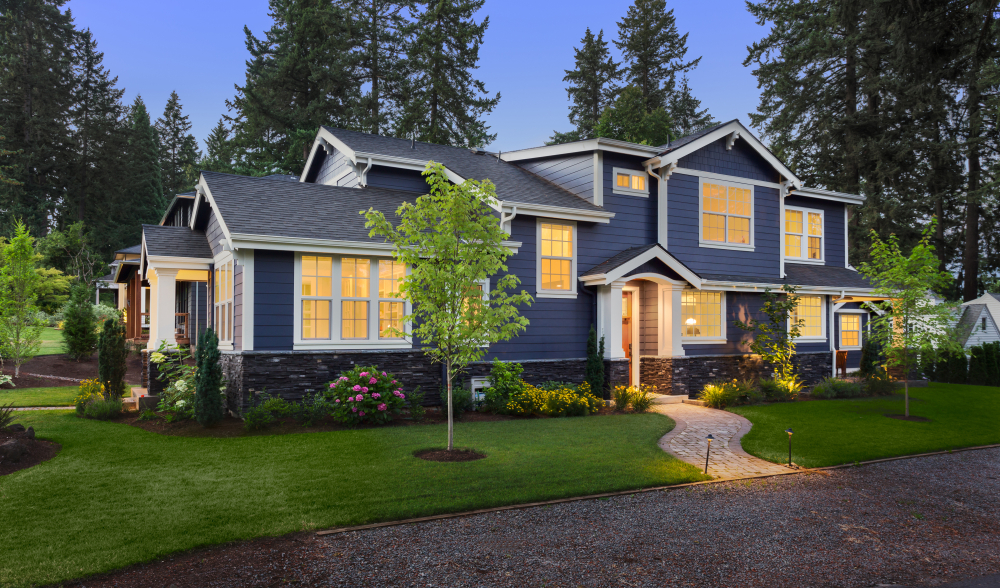
They waste space.
According to research from the University of California, Los Angeles, the wide majority of families, even if they have plenty of square footage to spare on their hands, tend to spend most of their time in the same few rooms, and that is either the kitchen or family room. And not that they wouldn’t have other rooms on hand, but they are nothing but a waste of space that fosters clutter.
It’s harmful to the environment.
According to a study conducted by New Zealand architecture student Iman Khajehzadeh, bigger homes might have a negative impact on the environment. As mentioned above, people only use the same rooms in their homes, but the energy required to light, heat, and cool all the other wasted rooms is unnecessarily harming the environment. Even if decisions in terms of house size selection seem quite personal, they can also have significant impacts on resource use as well as on the environment.
You’ll only deal with more clutter.
People who have small homes can’t deal with too much clutter because there’s not enough space for it. However, folks who live in big homes are definitely another story. The more storage space and rooms you have to spare, the more you are prone to wasting money on things you simply don’t need, just because you know you have enough room for them.
It can get lonely.
It’s way too easy to feel like you’re all alone when there are 6,000 square feet of empty space around you. Even if you have a family and a spouse, having all these unused rooms and unoccupied spaces might make you feel bad at times, or at least lonely.
As if someone is missing. Moreover, there’s another aspect you need to take into consideration: a four-person family in a 2,000-square-foot home is probably going to spend more time together than a four-person family living in a 7,000-square-foot mansion.
There won’t be as much family bonding.
The sad reality is that when kids have more room to escape, they will take advantage of it. But that’s not really the point, is it? The more opportunity your family has to communicate, the more you will bond. Some of the most real bonding moments usually happen in hallways or around the kitchen island.
Chances are you’d deal with a terrible commute.
Bigger houses require more land. And we all know where we find big plots of land, right? Definitely not near municipalities. More often than not, the people who need big homes end up adding time to their commute.
A couple of months of commuting an hour every day might have a lasting impact on your mental health. Moreover, a 2017 study in the United Kingdom found that those with commutes of an hour or more were 33 percent more likely to suffer from depression.
If you found this article useful, lucky you! We have many more: 9 Common Decorating Mistakes and Ways to Fix Them



